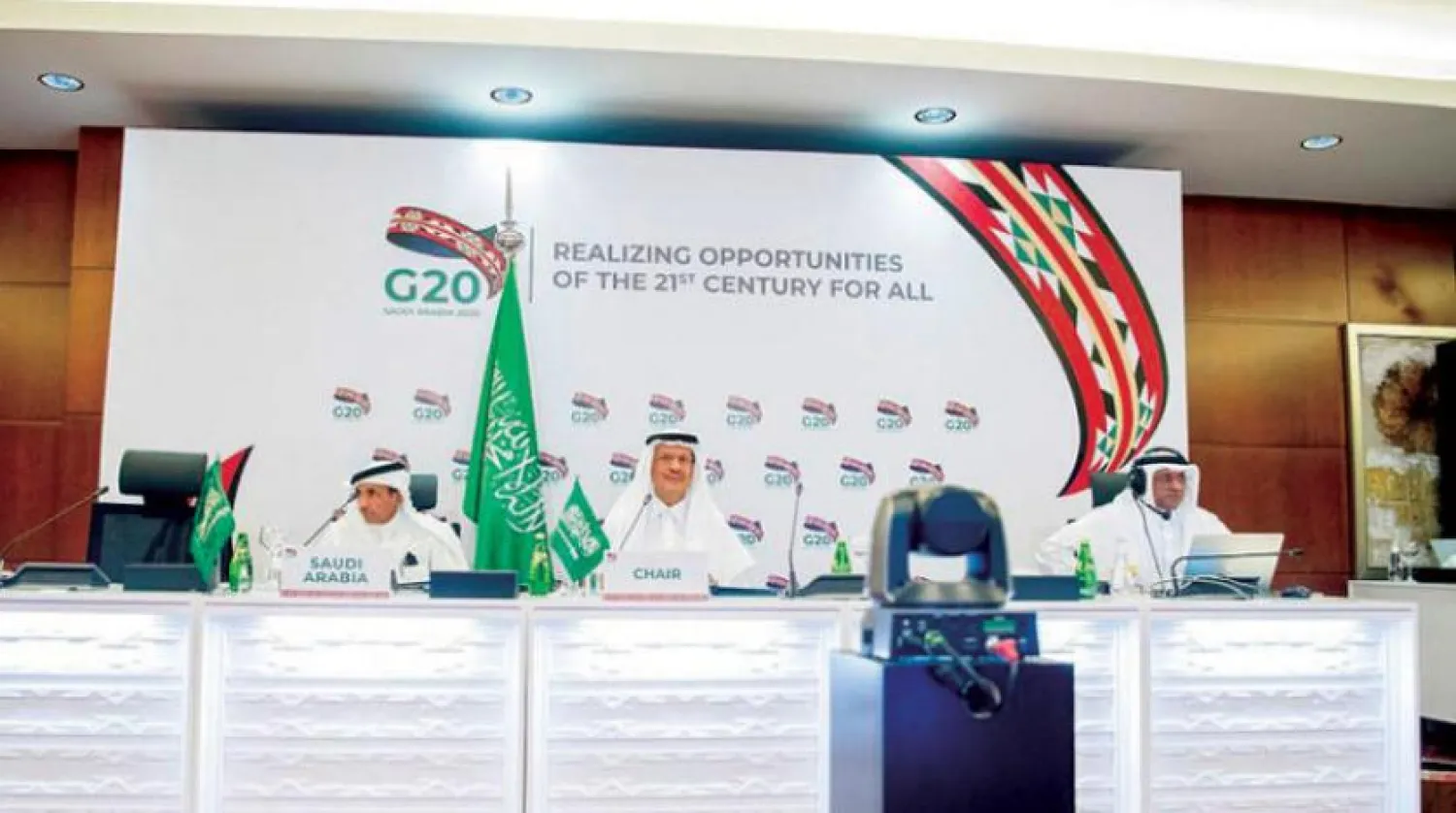G-20 energy ministers vowed commitment to ensure that the energy sector continues to make a full and effective contribution to overcoming COVID-19 and powering the subsequent global recovery.
The ministers issued a statement following an extraordinary meeting held virtually on Saturday during which they vowed joint work to develop collaborative policy responses, that will ensure market stability across all energy sources taking into account each country’s circumstances.
"We convene today against this backdrop of a crisis that, in addition to its direct health and economic and social impacts, has also contributed to the destabilization of global oil and gas markets and compromises energy security for many nations," the statement said.
The ministers said they commit to take all the necessary measures to ensure the balance of interests between producers and consumers, the security of our energy systems and the uninterrupted flow of energy.
"We commit to work together in the spirit of solidarity on immediate, concrete actions to address these issues in a time of unprecedented international emergency," the statement added.
The G20 ministers also revealed establishing a short-term Focus Group that will be tasked with monitoring response measures.
" The Focus Group is open for all G20 parties, on voluntary basis, and will regularly report its assessment during the Saudi G20 Presidency, in collaboration with relevant international organizations, to G20 Energy Ministers," they said.
The ministers concluded their statement by reaffirming commitment to joint efforts.
"We will continue our close cooperation and review both our response to the COVID-19 pandemic and our broader G20 energy agenda—transition towards cleaner and sustainable energy systems—at our scheduled meeting in September, while standing ready to reconvene sooner if necessary."









